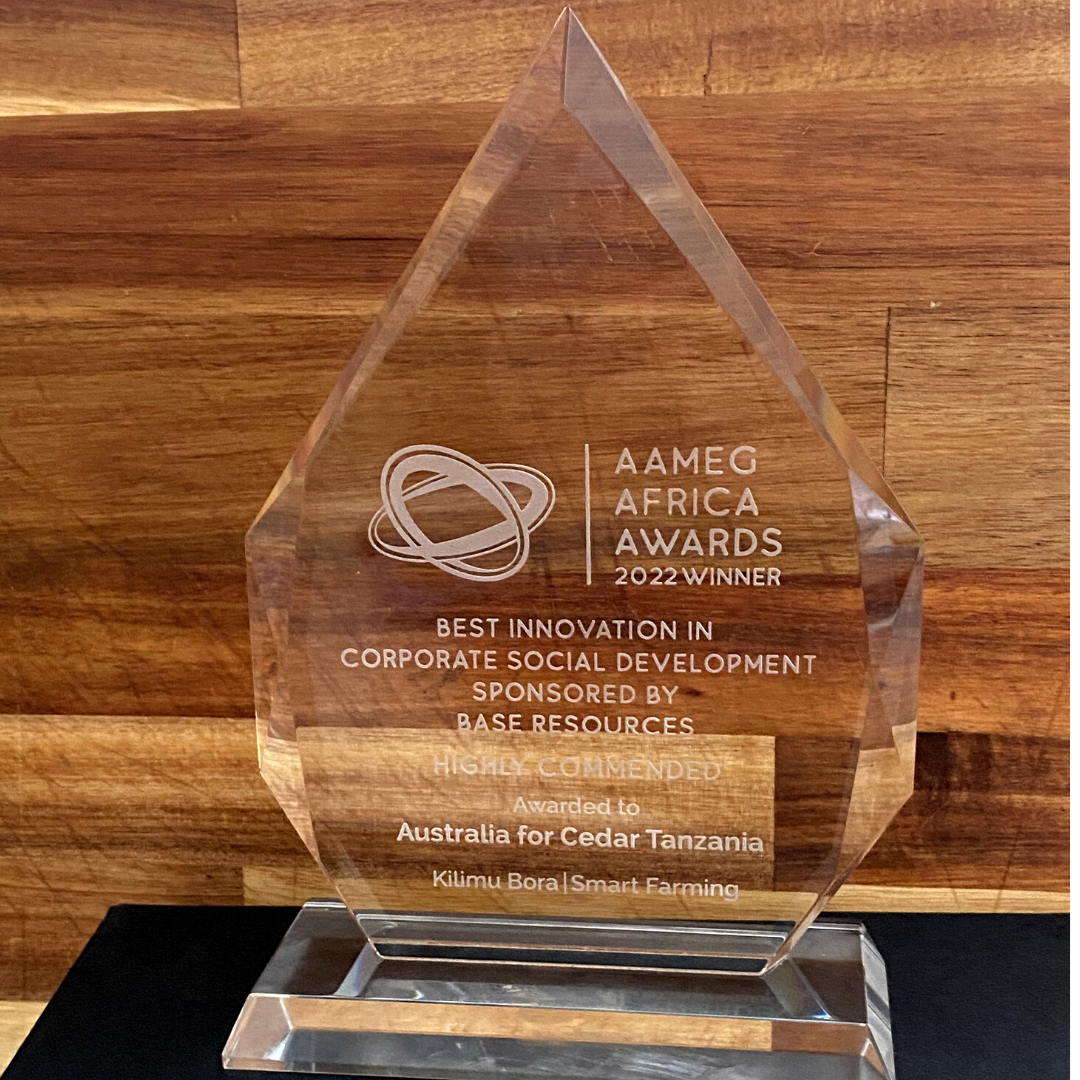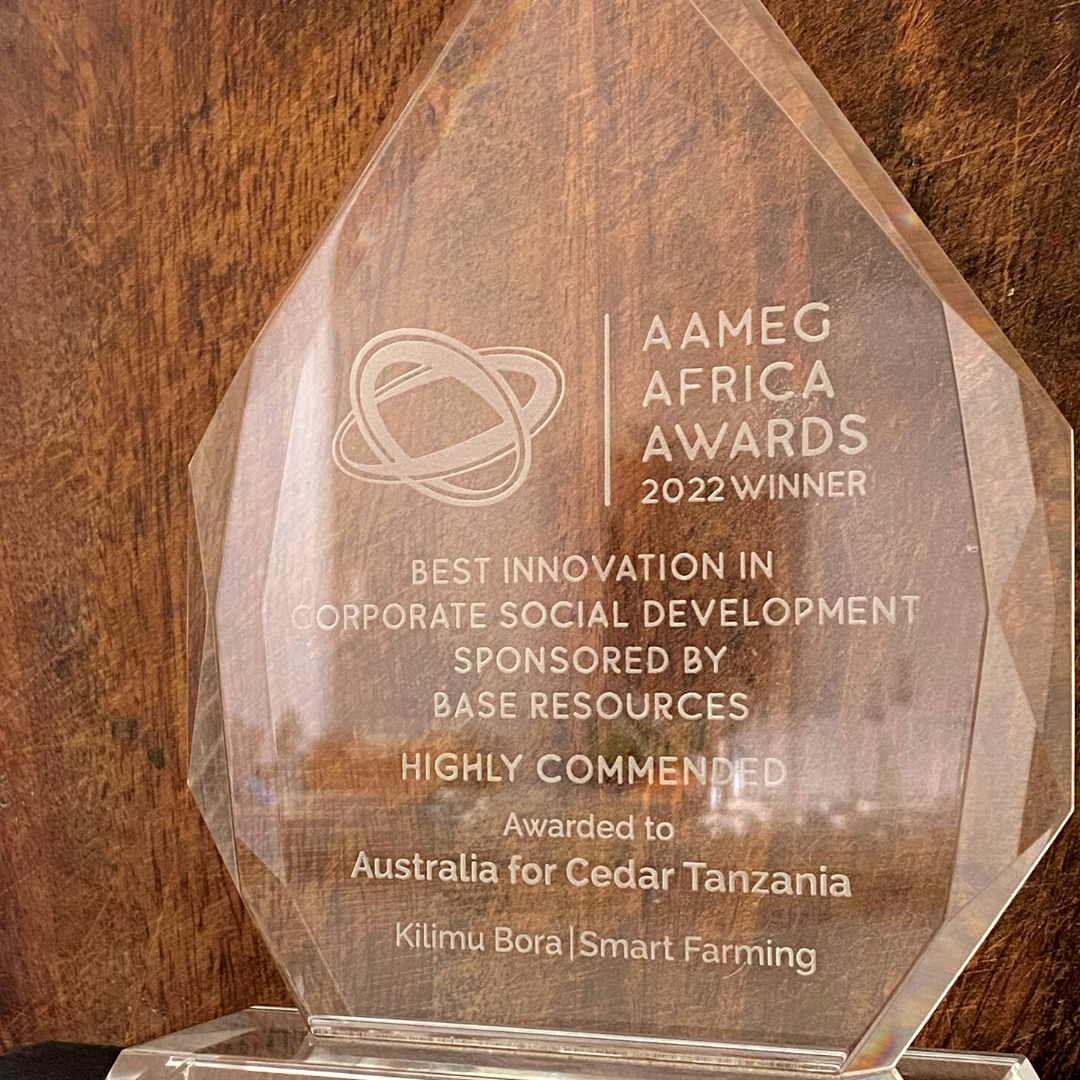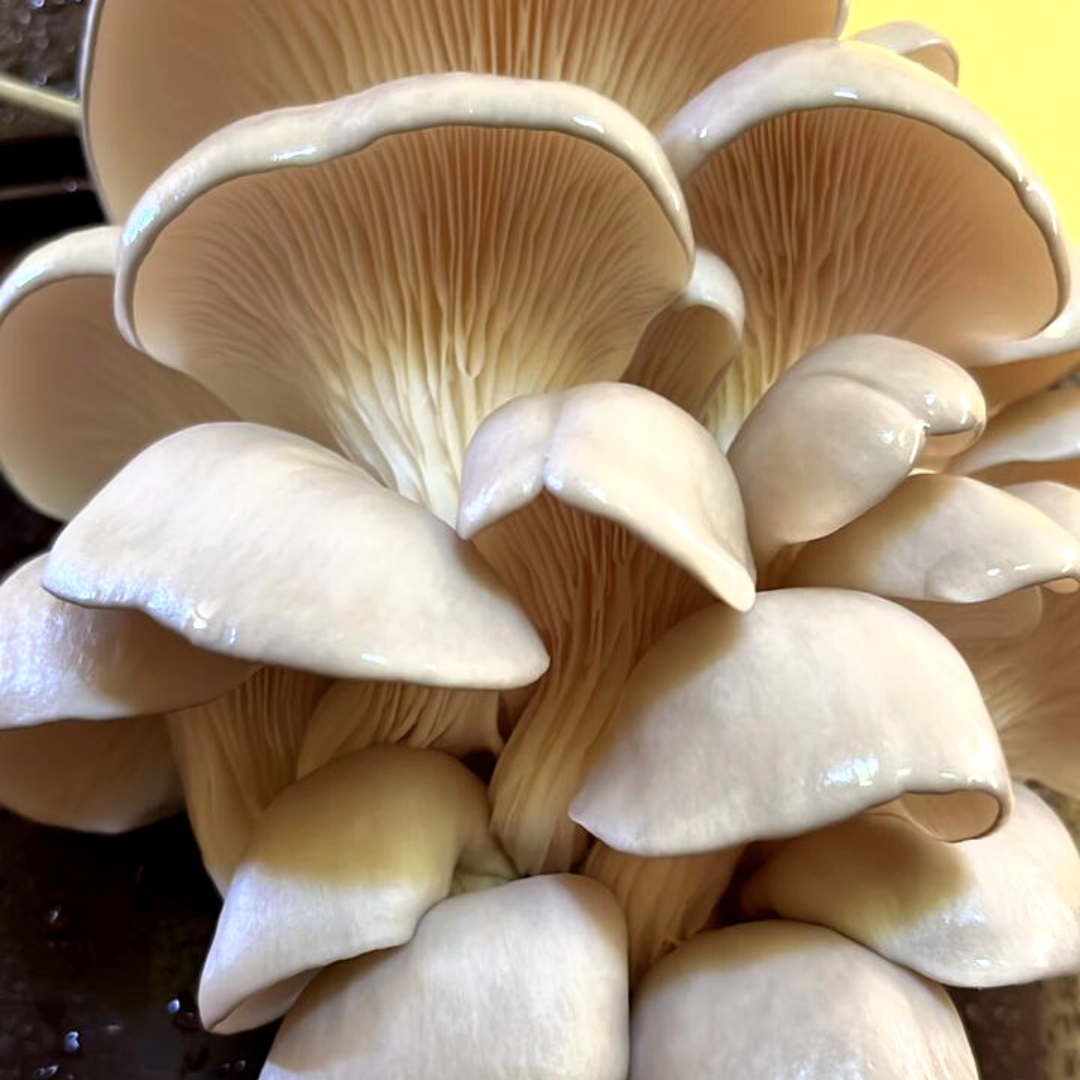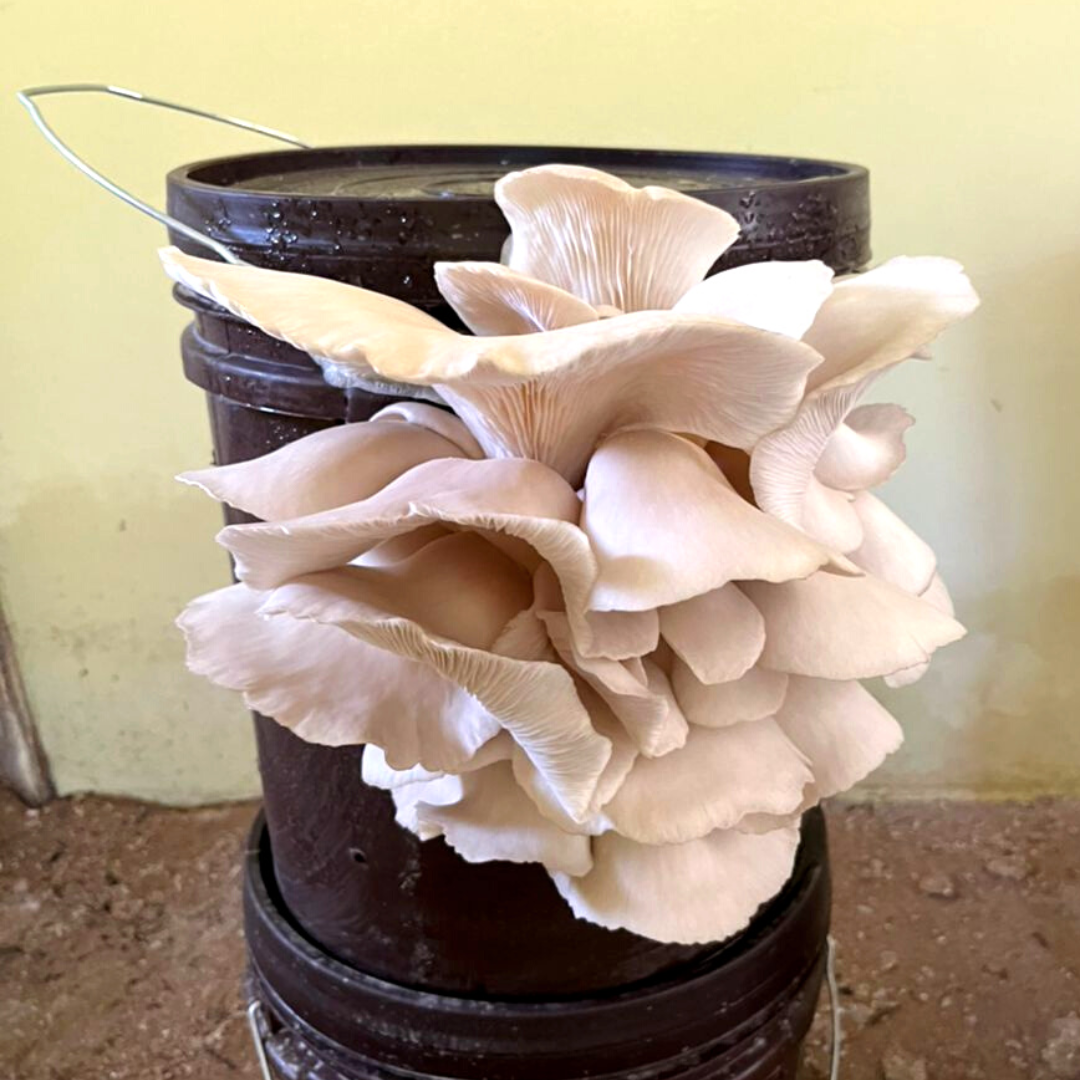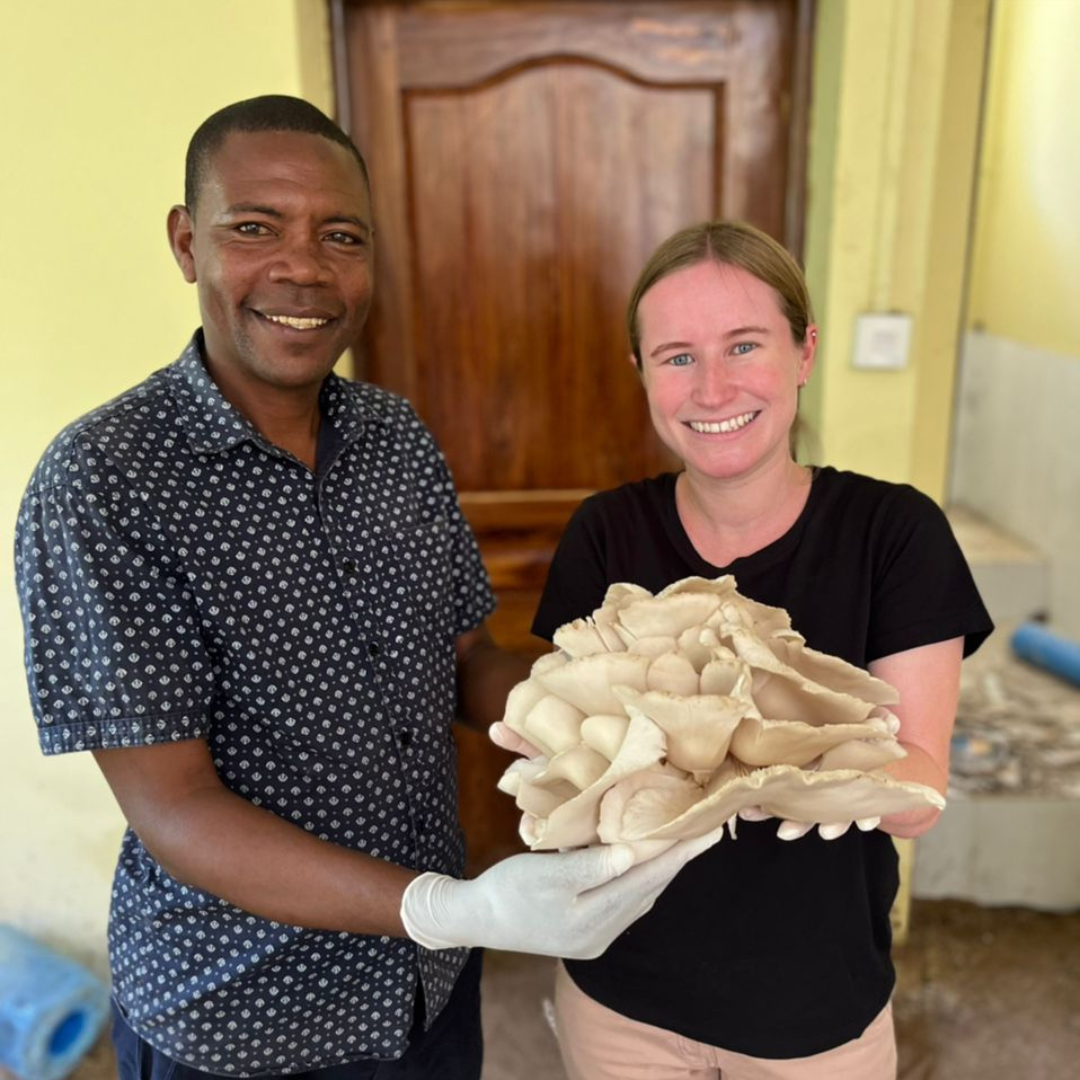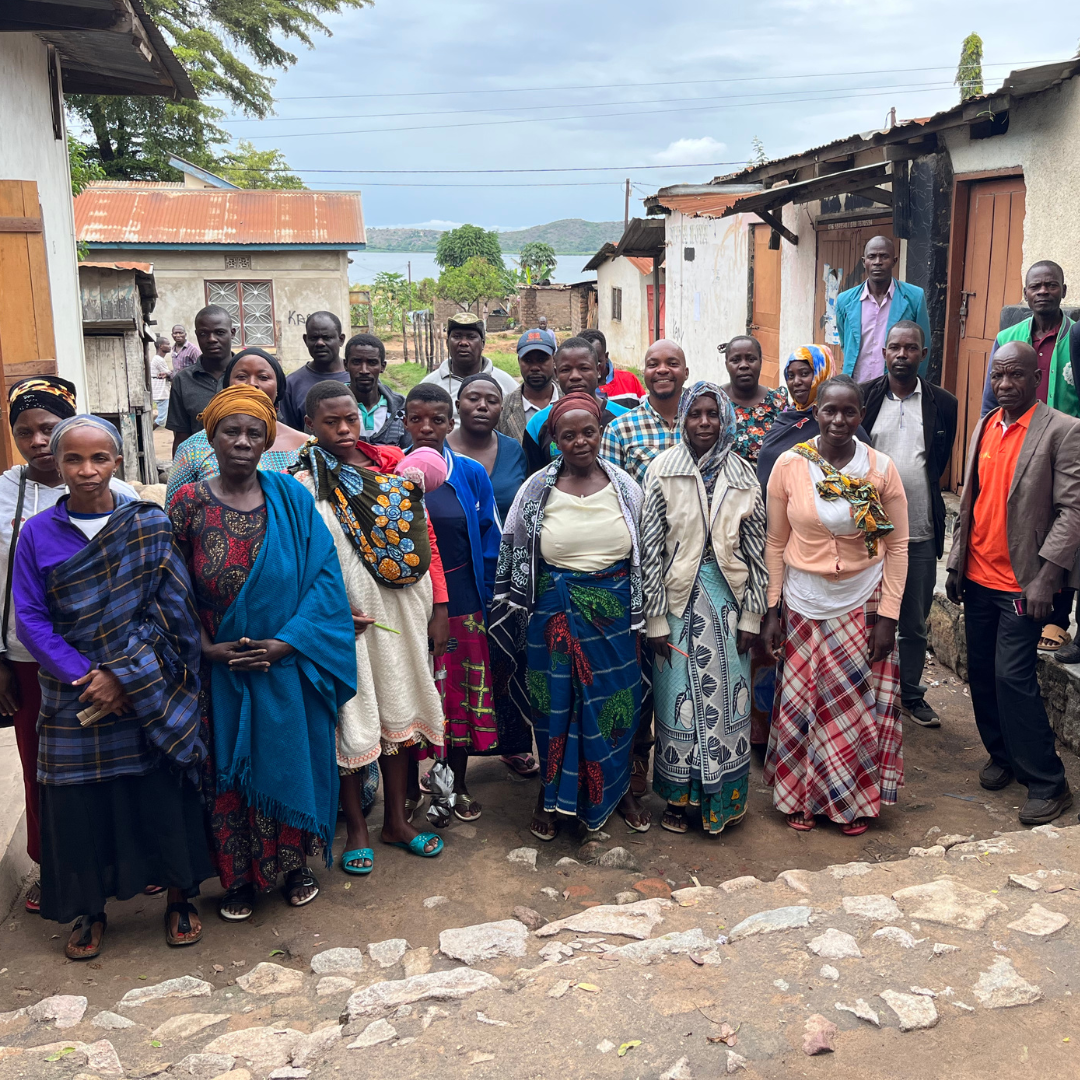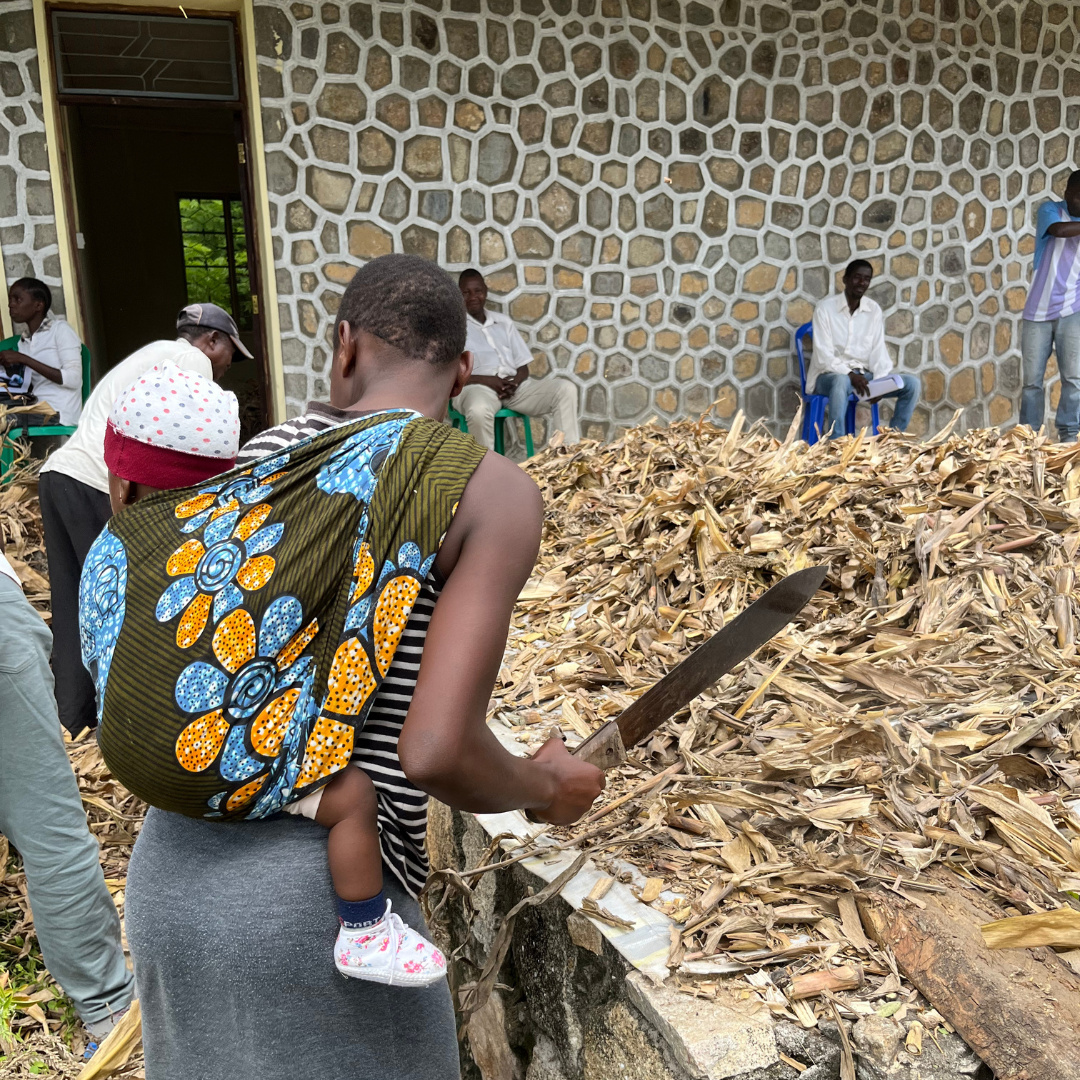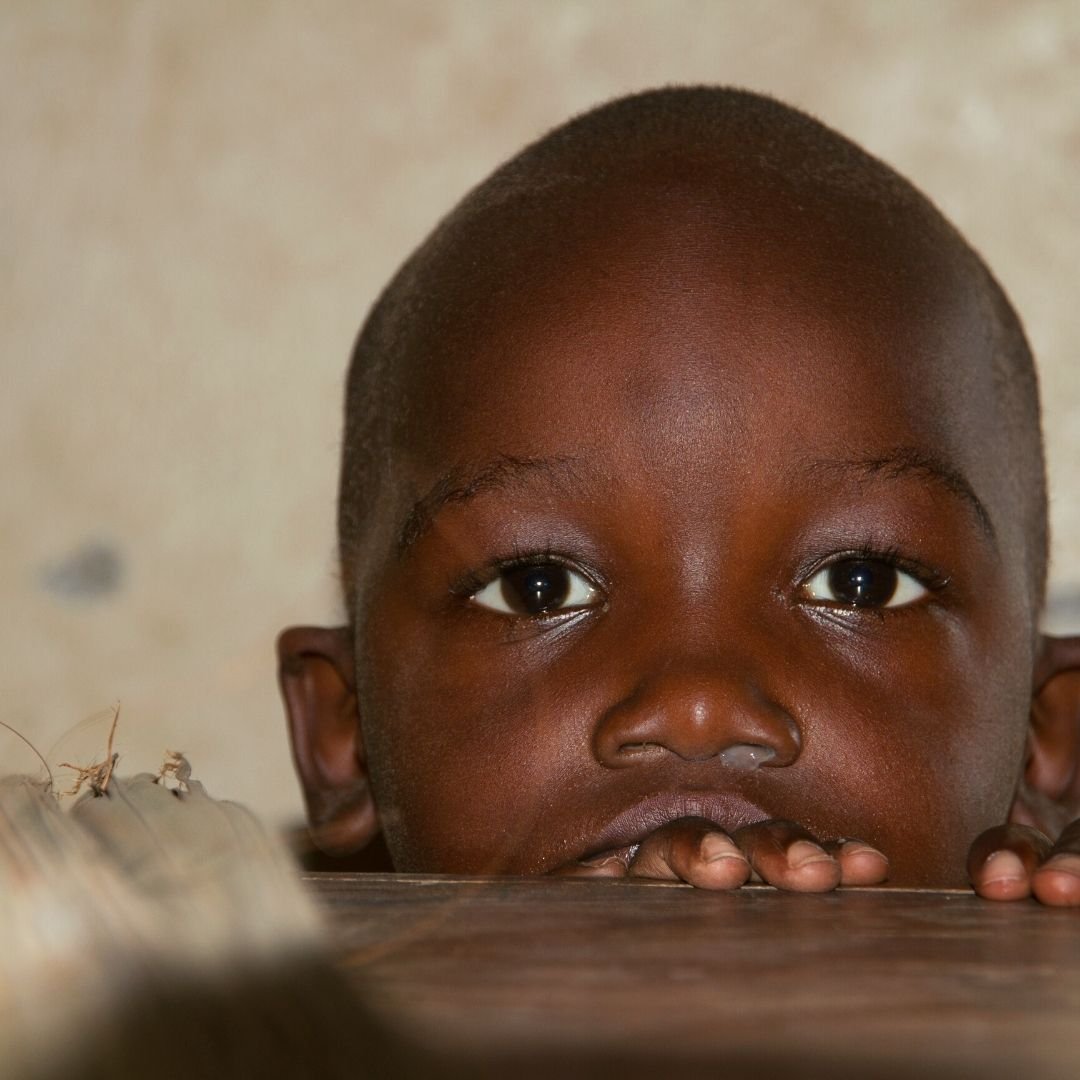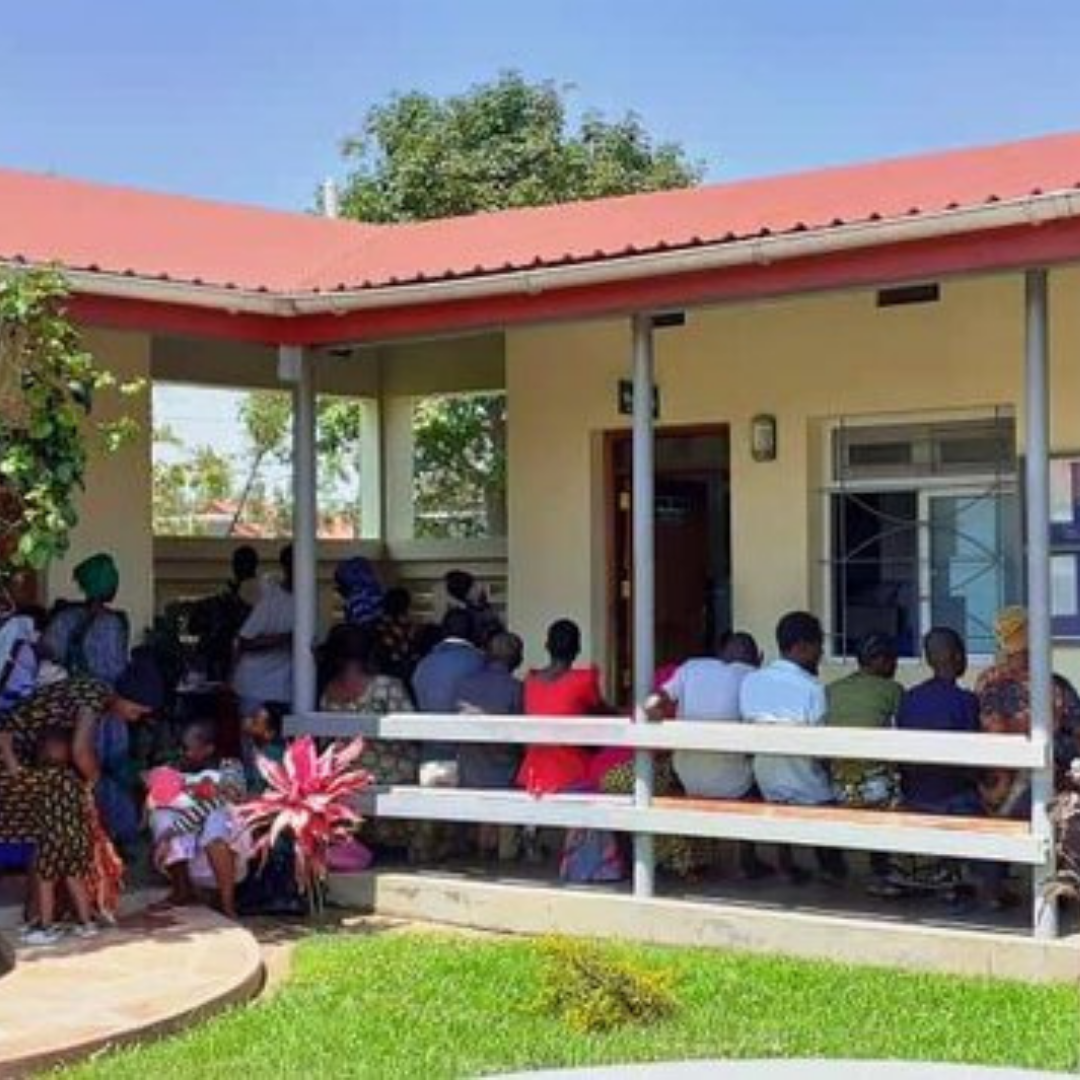Australia for Cedar Tanzania received a Highly Commended award for our mushroom project in Tanzania.
This award is part of Australia-Africa Minerals and Energy Group’s (AAMEG) yearly Africa Awards presented as part of the Africa Downunder (ADU) conference.
ADU is the largest mining conference with a focus on Africa held outside Africa, and AAMEG is the peak body representing Australian companies engaged in the development of Africa’s resource industry.
What is Kilimu Bora | Smart Farming?
Kilimu Bora means Smart Farming in Swahili. All projects under this banner revolve around food security, entrepreneurship, gender equality, climate change, nutritional health, and the environment.
Our first Smart Farming project has been the establishment of mushroom farming. This includes mushroom growth, drying methods, business skills and export agreements.
Mushroom farming as a business is new in Tanzania, and we are one of the leading pioneers in the area.
Through this project we are addressing a range of social, economic, and environmental challenges. We provide skilled training for vulnerable groups such as young women and people with disabilities and their household members.
Participants are offered hands-on of training, in which they are taught both the agricultural and business aspects of operating and managing a mushroom farm. The training includes how to grow and harvest mushrooms, preparing substrate, drying and packaging, how to meet international sterilisation and hygiene standards, quality control, bookkeeping, environmental best practises and compliance, market navigation, and customer service. The participants also learn how to source organic substrate materials locally and how to store this for optimal produce production.
Our high-quality mushrooms can be sold both locally and internationally thanks to our innovative custom-built driers, not using electricity but only the heat from the sun and a clever use of the airflow.
During the selection of participants priority was given to young women and to people with disabilities or their household members.
Gender inequality is prevalent in Tanzania and starts for girls already at a very young age when they often are deprived of the chance of an education in favour of their brothers. Without a good education, many girls and young women will remain both financially and emotionally dependent on parents, partners, or husbands. People with disabilities bear the double burden of poverty and exclusion due to financial, social, and environmental barriers coupled with a high degree of stigma present across Tanzania.
Why Mushrooms?
90% of the Tanzanian population of 60 million people are living on less than $5.00 PPP. 49% is surviving on less $1.90 PPP per day – the international definition of severe poverty. Of these, the vast majority, 80%, are living in rural areas such as the Nyamatongo Ward.
Choosing mushrooms as the vehicle for agri-business is beneficial for several reasons:
No Land Required
Mushrooms are grown in buckets and indoors, and hence easier allow women and disabled people to become equal participants in their family’s and community’s economic life.
Research shows that fewer women and people with disabilities own land, and that they do not have equal access to manual labour.
Year-Round Crop, Independent of Rainfall
Through careful selection of species and growing conditions, mushrooms can be grown year-round regardless of change in rain patterns.
Climate change has shown irregularities to rainfall in the region with current draught and famine in the Horn of Africa. More specifically, the Mwanza region has experienced persistent irregular rainfall over the last number of years, which can have extensively harmful effects on local agriculture.
Minimal Initial Investment
This allows for economic opportunity even for women and people with disabilitiess with minimal control of their family finances.
Our project encourages collaborative farming and includes financial support and training during the initial set-up period.
Fast Return on Investment
The mushroom growth cycle can be as short as 8-10 weeks, allowing farmers to see profit extremely quickly.
This is important for the ability to establish income and re-investment in next growth cycle.
Not Labour Intensive
Mushrooms can easily be grown by any member of the household without the need to hire additional help. One of the main barriers seen to extensive farming is access to labour and machinery.
No Educational Background Required
After a relatively short training period, participants are ready to begin cultivating mushrooms.
We embrace a hands-on learning process which allows participants to gain the necessary skills no matter previous level of schooling and their academic capabilities.
High Nutritional Value
Mushrooms are rich in protein, vitamins, and minerals and provide an excellent nutritional boost in areas that suffer from malnutrition such as the communities in which we are working.
Community Benefits
We encourage all our participants to establish collaborative farms servicing the local community. Collaborative farming minimises investment costs for the participants including cost to transport bio waste, initial purchases of buckets and tools, and a cost-effective solution to house the farm.
A collaborative farm has other advantages too: the strength of the shared knowledge and the ability to support each other in farming duties. This increases the success rate of the farm as well as enhances the quality of the produce.
By giving a preference to women and people with disabilities and their household members we are ensuring the initiative is supporting the most vulnerable groups within the community. Through research, it has been proven that when women are being supported in taking up income generating activities, the financial outcome is then reinvested for the benefit of the entire household i.e., invested in children’s education and health or in long-term and sustainable investments in collective living standards.
Having an increased production of fresh mushrooms will benefit the entire community of more than 35,000 people through access to an additional and affordable crop with high nutritional value.
Stunted growth and development are caused by a combination of malnutrition, prolonged and repeated infections, and untreated worms and parasites. This is common sight as it affects 38% of children under 5 years old in rural Tanzania. Supplementing their diets with oyster mushrooms will assist in combatting stunted growth in children.
Sustainability
Responsible Cyclic Agriculture and Prevents the Burning of Agricultural Waste
Our mushrooms are grown on agricultural waste, saving expenses, and preventing the common practice of burning waste.
Avoiding burning of agricultural waste ties in with climate change best practises.
No Pesticides or Fertiliser Required
This both saves on expenses while also ensuring no chemical runoff or harmful agricultural practices. Spent substrates can be reused or sold as fertilizer after the mushroom growth is complete.
With the current hike in fertiliser price and scarce availability this makes mushroom farming a very appealing and cost-effective crop. In addition, in rural areas women are often at a significant disadvantage in regard to purchasing quality fertiliser, since access to such products are often prioritized towards male farmers.
Long-Term Financial Growth Potential
There are several ways a farm could expand: Entrepreneurs can expand into more exotic, high-value mushroom strands as their financial stability increases. Alternatively, there is a growing market for medicinal mushrooms.
Further several niche products are being produced such as mushroom leather, mushroom bricks, or to dispose of oil spills and non-degradable waste products.
Part of our long-term project plan is to provide a safety-net option to purchase any surplus production which will be dried and exported as wholesale to the international market.
High Demand on the International Market
Dried mushrooms have a one-year shelf life and can be sold internationally to a wide range of customers. This includes both B2B and B2C customers, wholesaling, distribution, and to businesses for further processing.
We currently have buyers in Singapore and in East Africa for distribution in Europe and in the USA.
Financial Sustainability after Seed-Funding
After initial central set-up and establishment of first round of collaborative farms the project is financially sustainable with income generated from export of central production as well as surplus production from the collaborative farms.
As a not-for-profit, any financial surplus will be re-invested into further strengthening and expansion of the mushroom project or into our healthcare services.
Furthermore, interest has already been shown from international impact investing companies for further scaling and expansion.
Scalability to other areas
Long-term plans include scaling this project to other areas outside of Nyamatongo Ward. Interest for our project has been shown by organisations working in the refugee camps in the Kigoma area housing approximately 250,000 residents.
Additionally, a potential collaboration with companies working with other dried fruit and vegetables could be imagined. Also in this area, interest has been shown from potential partner companies.
What now?
Currently we are actively seeking seed funding for a year-long upscaling after which the project is financially sustainable.
Our goals include creating a permanent production and ongoing teaching centre at our Community Centre. In the first year we are aiming to have successfully trained 200 residents in mushroom farming. We will deliver ongoing support to new farms and provide teaching in business skills and banking.
Wellbeing and nutritional health will improve throughout the area for all its residents. There will be a steady supply of highly nutritious locally sourced produce and indirectly an increase in household income. It will also strengthen women and people with disabilities position in their communities.
Through an upscaled project we will also be able to safety-net newly established mushroom farms against loss from over-production by setting up procedures to approve and test each farm is in alignment with international requirements allowing their produce to be used for export.
You can of course help us get a head start towards our ambitious AUD $150,000 goal by clicking on the big green button to donate. Even $20 gets us towards this goal.
If you want to know more about the project you can contact Nina here.
Thank you!


